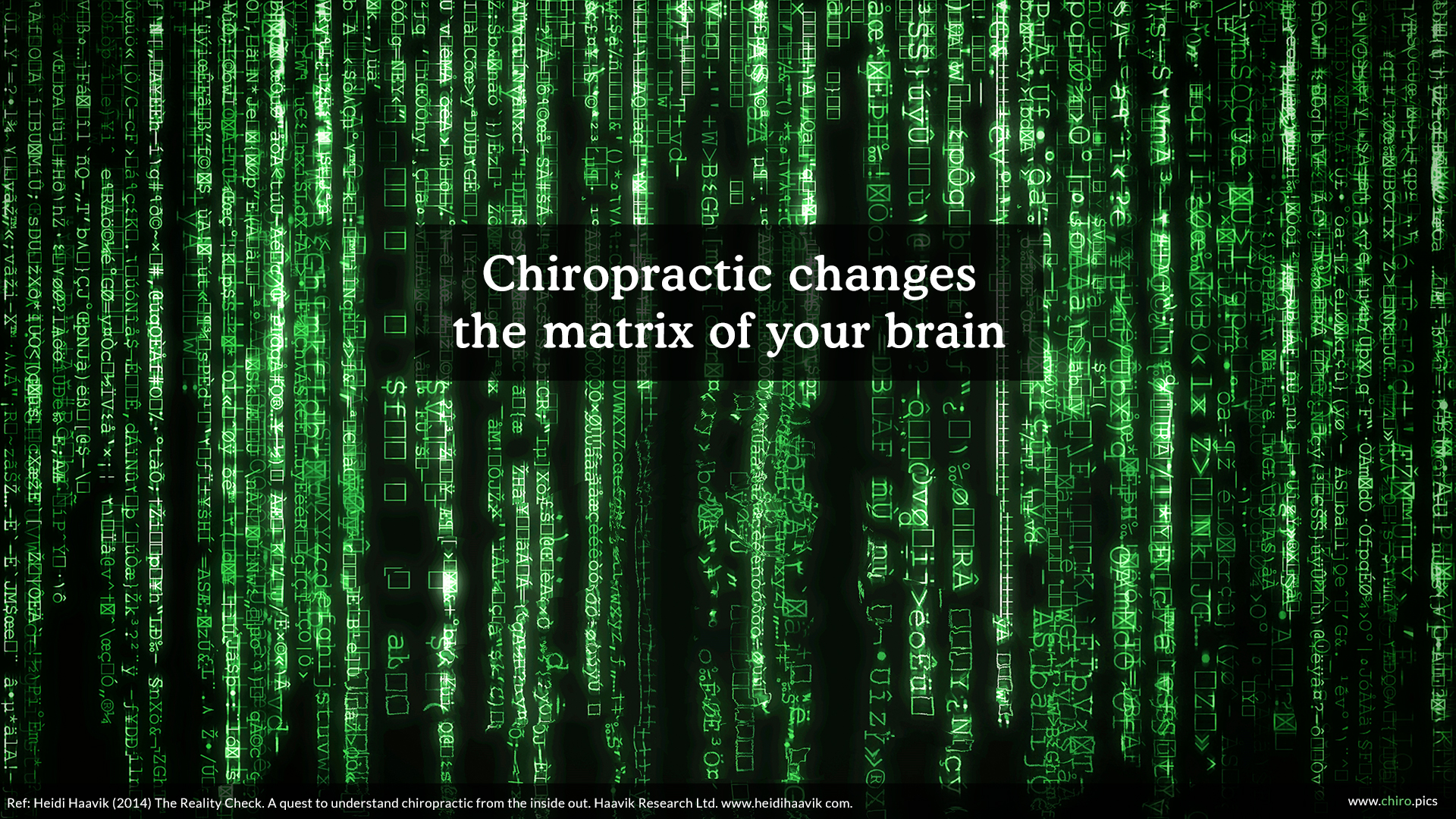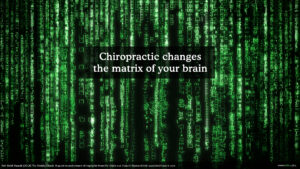
Your body is incredibly fascinating, and your nervous system is maybe the most important. While it’s common knowledge that your brain receives information about your surroundings through sensory organs like your eyes, ears, and nose, there’s another group of sensory organs you might not have considered: your muscles.
Beyond the familiar muscles like biceps and triceps, there are smaller muscles nestled closer to your spine and skull. These seemingly inconspicuous muscles play a crucial role in keeping you informed about your body’s movements. They act as messengers, relaying important data to your brain about the position and activity of your spine, which in turn reflects what’s happening at the core of your body.
 However, here’s where things get interesting. If, for any reason, your spinal segments start to move in an irregular or dysfunctional manner—perhaps due to injury or poor posture—this communication channel between your spinal muscles and your brain can become distorted. Picture it as a hiccup in the lines of communication between your brain and the rest of your body.
However, here’s where things get interesting. If, for any reason, your spinal segments start to move in an irregular or dysfunctional manner—perhaps due to injury or poor posture—this communication channel between your spinal muscles and your brain can become distorted. Picture it as a hiccup in the lines of communication between your brain and the rest of your body.
When your spinal segments aren’t functioning correctly, it’s just like having some background noise interrupting a conversation. Your brain might not receive the full and precise information it needs about your body’s status, leading it to fill in the gaps as best it can.
To illustrate, let’s consider an analogy. Imagine you’ve lived in a house for your entire life, and there’s a long, windowless corridor leading to the electrical fuse box at the end. Now, suppose the circuit breaker controlling the lights blows, plunging you into total darkness. Are you completely helpless?
No, not at all! You’re intimately familiar with your surroundings, including the length and width of that corridor. Despite the darkness, you’d confidently make your way down and reset the circuit breaker. Your brain, too, operates with a similar intelligence. It can function even when it can’t “see” certain parts of your body, thanks to its vast reservoir of past experiences.
Now, let’s add a twist to the scenario: before the lights went out, your kids left a bicycle in that dark corridor, and you were unaware of it. What might happen then? You’d probably stumble and potentially hurt yourself. This is precisely what occurs when your brain isn’t fully aware of what’s happening within your body—it can lead to accidents or injuries.
This is where the expertise of a chiropractor becomes invaluable. A chiropractor employs gentle adjustments to rectify any dysfunctional spinal segments, often referred to as vertebral subluxations. Think of it as a reboot for your body, much like restarting a computer.
When your brain accurately perceives both internal and external conditions, it can optimize your body’s responses and coordinate muscle movements effectively. The result? Your body moves with precision, accidents become less frequent, and you can function at your absolute best. It’s a testament to the incredible synergy between your brain,your body, and the environment, all facilitated by the skilled hands of a chiropractor.

